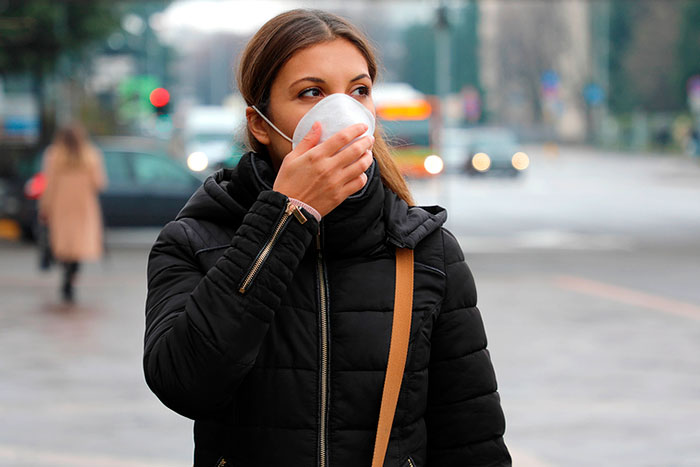The World Health Organization has warned that COVID-19 patients who recover from the disease can still get infected again despite having antibodies against the pandemic. The world health body cautioned governments against issuing “risk-free certificates” and “immunity passports” to recovered persons and then asking them to re-join the public workforce.

WHO said doing this could make people who have recovered from coronavirus infection to ignore standard precautions against the disease, thereby infecting others or getting re-infected again. The world agency made it clear that there is currently no proof that antibodies in recovered COVID-19 patients could provide immunity against the disease in the future.
“There is currently no evidence that people who have recovered from COVID-19 and have antibodies are protected from a second infection,” WHO wrote.
WHO issued this warning because Chile said they would start issuing “health passports” to people who recovered from coronavirus; the certification will then enable them to begin working again in public. The United States government is also toying with the idea at the moment. The countries would issue such passports to recovered patients after evaluating that they have sufficient antibodies to fight the pandemic.
WHO however stated that while many cured patients develop antibodies against COVID-19, many other recovered patients do not have any antibodies, and some have them in low quantities. There is also a general agreement that herd immunity could reduce the spread of the disease, but health experts are unsure of the length of time that a recovered person can maintain his immunity, and they do not know the number of people who must be immune to the disease to offer protection to the entire herd or community.
It is not clear if world governments would heed WHO’s warning, but the health alert would definitely provide food for thought to policy-makers and health ministries who advise the government on health matters.
Source: reuters.com
